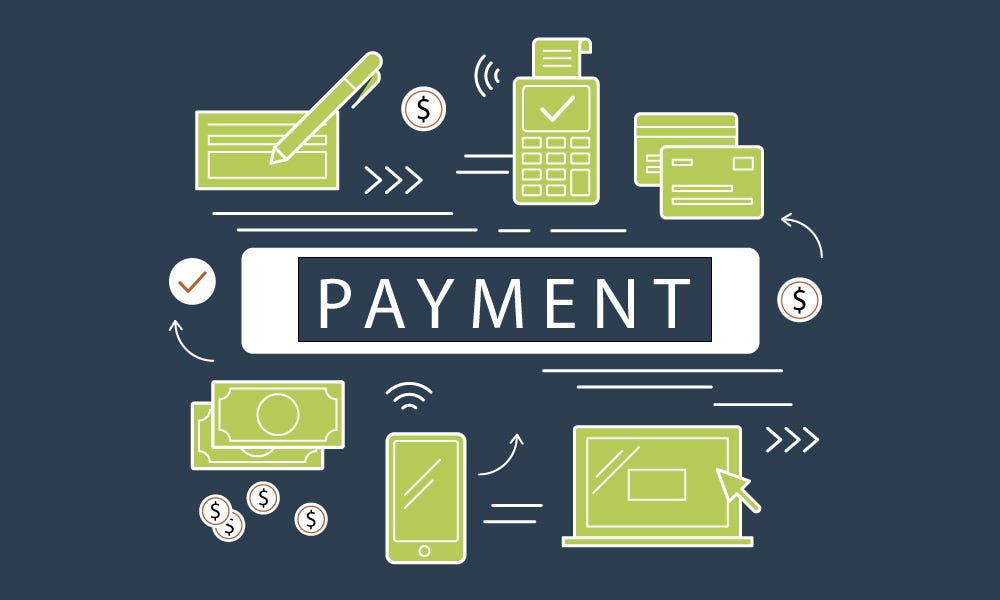AUTHOR : JAYOKI
DATE : 11/12/2023
Introduction
In essence, third party payment providers are intermediaries that facilitate financial transactions between consumers and businesses. In today’s digital age, where online transactions are the norm, these providers offer a seamless and secure way to transfer funds. Their significance in the digital economy cannot be overstated, as they bridge the gap between traditional banking systems and the demands of modern consumers.
The Evolution of Payment Systems
Traditional Banking
In the not-so-distant past, traditional banking was the sole avenue for financial transactions. However, the limitations of this system became apparent as the global economy embraced digitalization.
Emergence of Third Party Payment Providers
The rise of third party payment providers can be attributed to the need for more accessible, efficient, and secure payment solutions. As e-commerce gained momentum, these providers stepped in to meet the evolving needs of businesses and consumers.
Role in E-commerce Growth
One of the defining moments for third party payment providers was their role in fueling the growth of e-commerce. The ease of transactions and enhanced security offered by these platforms became instrumental in driving online business transactions.
Advantages of Using Third Party Payment Providers

Convenience and Accessibility
The primary allure of third party payment providers lies in their convenience. Users can make transactions from the comfort of their homes, eliminating the need for physical visits to banks.
Enhanced Security Measures
Security is paramount in the digital realm. Third party payment providers employ advanced encryption and authentication measures to ensure the safety of transactions and sensitive information.
Global Transaction Capability
Unlike traditional banking, third party payment providers offer global transaction capabilities. This is particularly beneficial for businesses operating on an international scale.
Key Players in the Industry

The third party payment landscape is populated by several key players, each bringing its unique strengths to the table.
PayPal
PayPal, a pioneer in the field, has set industry standards for secure online transactions. Its widespread acceptance makes it a go-to choice for consumers and businesses alike.
Stripe
Known for its developer-friendly approach, Stripe is favored by businesses for its customizable solutions and seamless integration with various platforms.
Square
Square revolutionized point-of-sale transactions with its mobile card reader. Its simplicity and accessibility appeal to small businesses and individual sellers.
Google Pay
Leveraging the ubiquity of Google, Google Pay provides users with a convenient way to make online and in-store payments.
Challenges Faced by Third Party Payment Providers
Security Concerns
As digital transactions become more prevalent, so do concerns about security. Providers must continually invest in robust security measures to stay ahead of potential threats.
Regulatory Compliance
Navigating the complex landscape of financial regulations is a constant challenge for third party payment providers. Compliance with regional and international laws is crucial for their operations.
Competition in the Market
The ever-growing competition among providers demands continuous innovation. Staying relevant in a saturated market requires adapting to changing consumer preferences and technological advancements.
Impact on Small Businesses
Facilitating Transactions for SMEs
Small and medium-sized enterprises (SMEs) benefit from the accessibility and affordability of third party payment[1] solutions. This levels the playing field, allowing them to compete with larger counterparts.
Integration with E-commerce Platforms
E-commerce[2] platforms integrate seamlessly with third party payment providers, offering a hassle-free experience for businesses and consumers alike.
Future Trends in Third Party Payment

Integration of Cryptocurrency
As digital currencies gain acceptance, third party payment providers are exploring ways to integrate cryptocurrency[3] transactions, providing users with more options.
AI and Machine Learning Advancements
Advancements in artificial intelligence and machine learning contribute to enhanced fraud detection and personalized user experiences in the digital payment landscape.[4]
Improved User Experience
The future holds promises of more intuitive and user-friendly interfaces, making digital transactions[5] even more accessible to a broader audience.
Conclusion
In conclusion, third-party payment providers have reshaped the way we handle financial transactions in the digital age. Their convenience, security features, and global reach have made them indispensable in the e-commerce landscape. As we look to the future, the integration of cryptocurrency, advancements in AI, and a continued focus on user experience will further transform the industry.
FAQs
- How do third-party payment providers ensure security?
Third-party payment providers employ advanced encryption, two-factor authentication, and continuous monitoring to ensure the security of transactions and user data. - What role do these providers play in global transactions?
Third-party payment providers facilitate global transactions by offering seamless cross-border payment solutions, benefiting businesses and consumers worldwide. - Are there any limitations for small businesses?
No, third-party payment solutions are often affordable and scalable, making them ideal for small businesses looking to streamline their financial transactions. - How can businesses cope with sudden transaction surges?
To handle sudden surges, businesses should choose providers with scalable infrastructure and employ technology solutions that can adapt to increased demand. - What innovations can we expect in the future of digital payments?
The future of digital payments holds innovations like increased integration of cryptocurrency, advancements in AI for personalized experiences, and user-friendly interfaces for improved accessibility.





